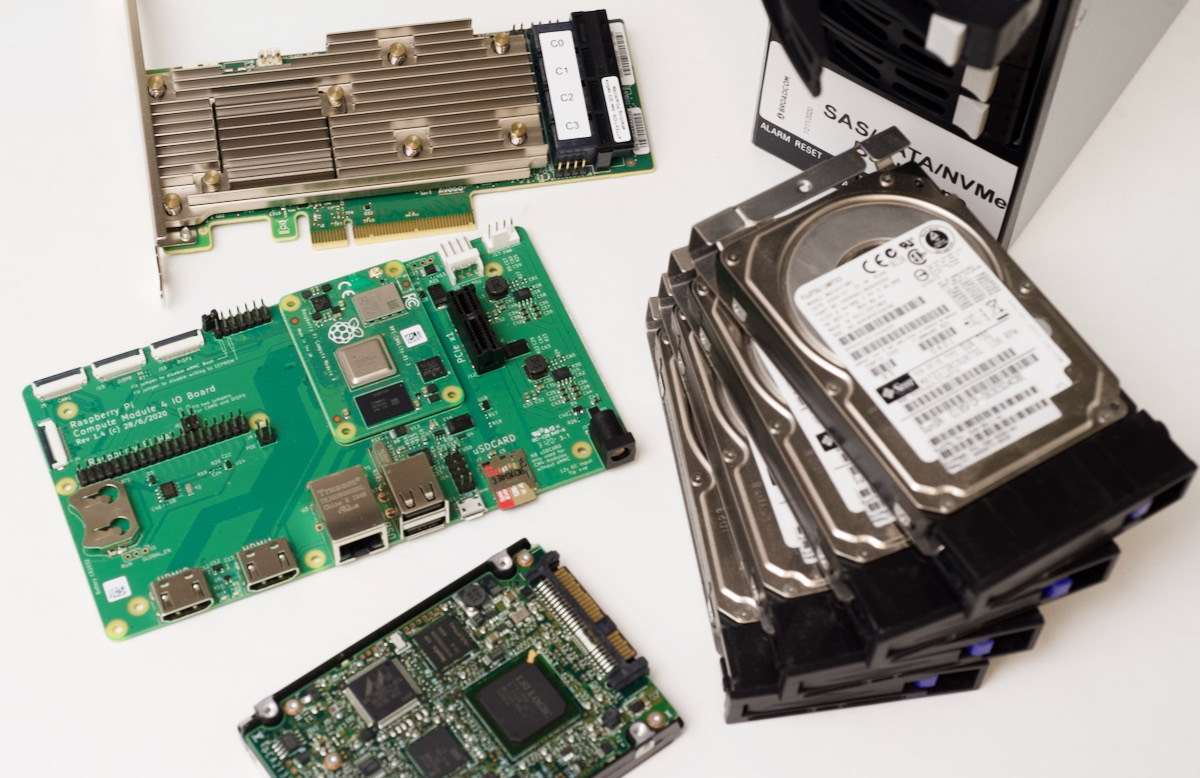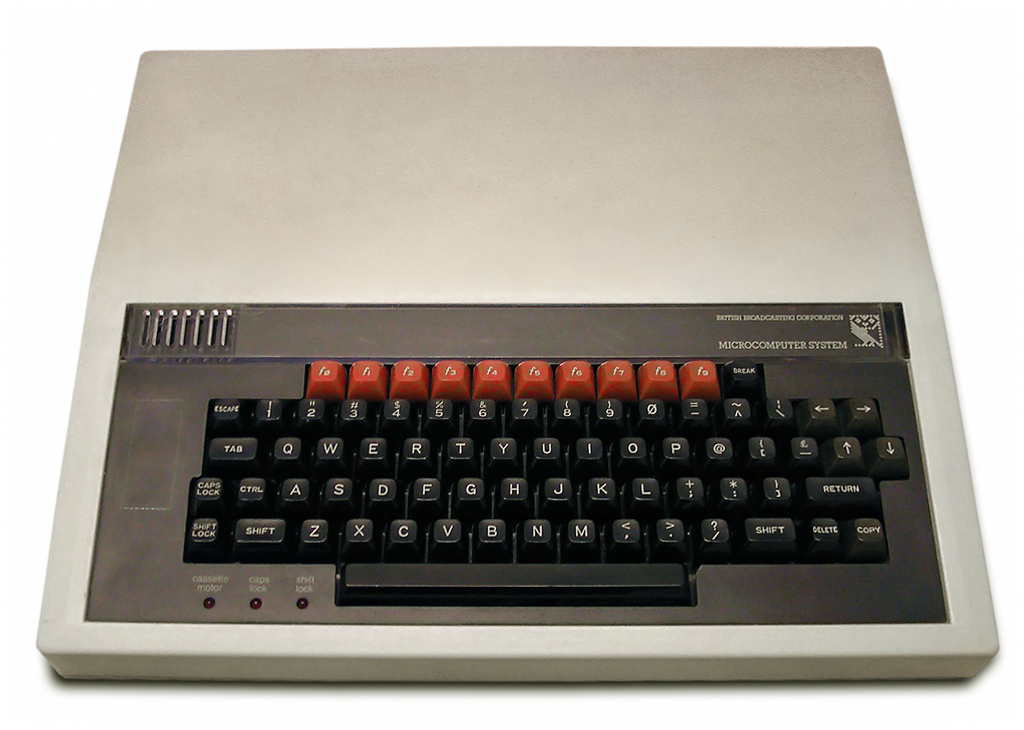New 2GB Pi 5 has 33% smaller die, 30% idle power savings
Raspberry Pi launched the 2 gig Pi 5 for $50, and besides half the RAM and a lower price, it has a new stepping of the main BCM2712 chip.

This is the BCM2712 D0 stepping. Older Pi 5's shipped with a C1. In their blog post, they said:
The new D0 stepping strips away all that unneeded functionality, leaving only the bits we need.
Steppings are basically chip revisions where they don't change functionality, and usually just fix bugs, or tweak the layout. But even tiny design changes could have unintended consequences. I wanted to see exactly what happens when I push one of these new chips to the limits.
First, I wanted a performance baseline, so I ran Geekbench with the latest Pi OS and all the defaults.

